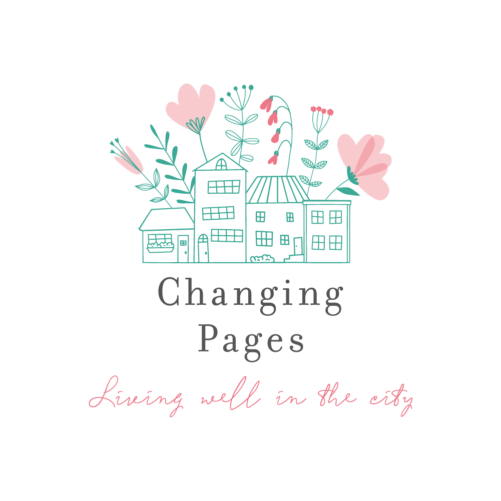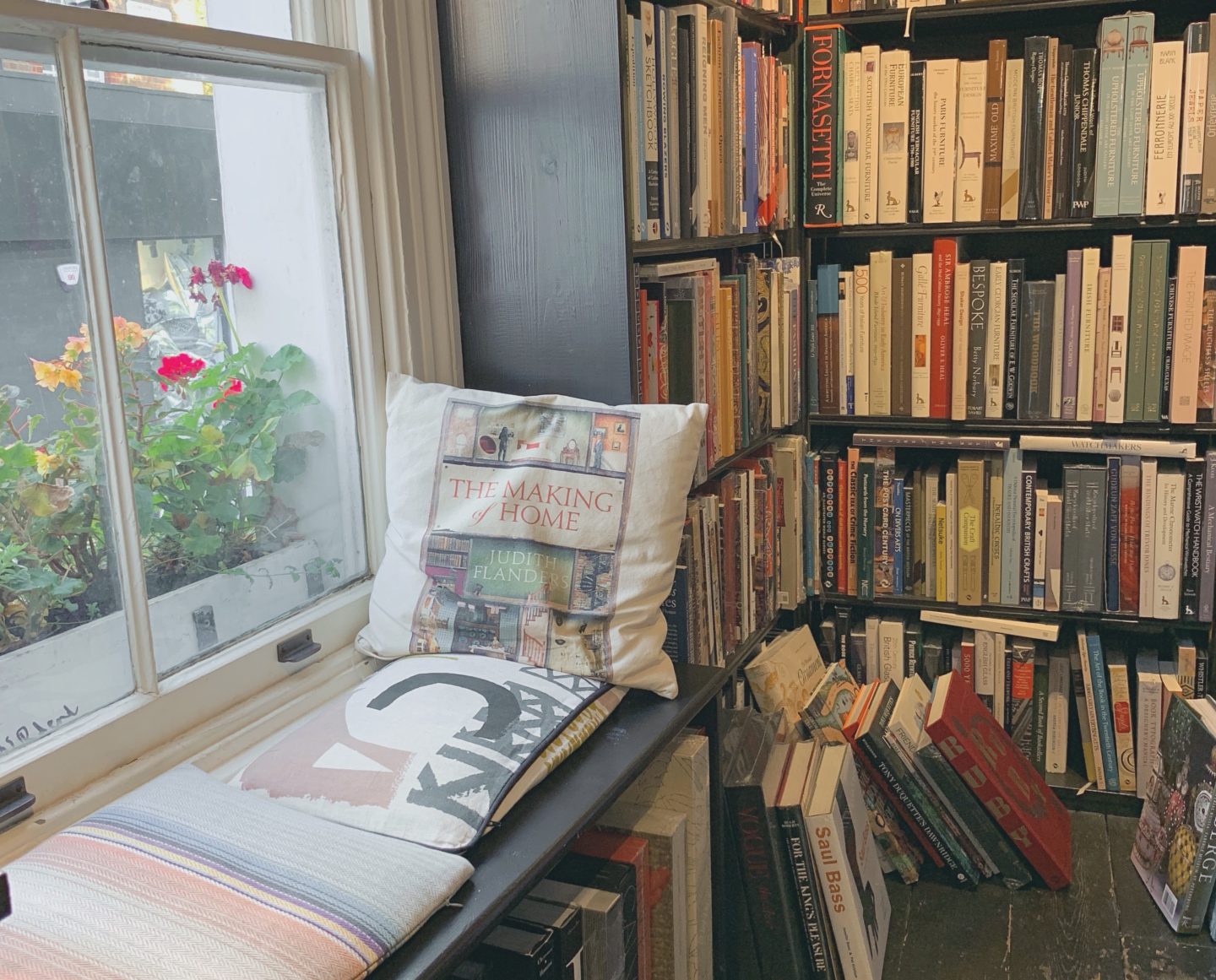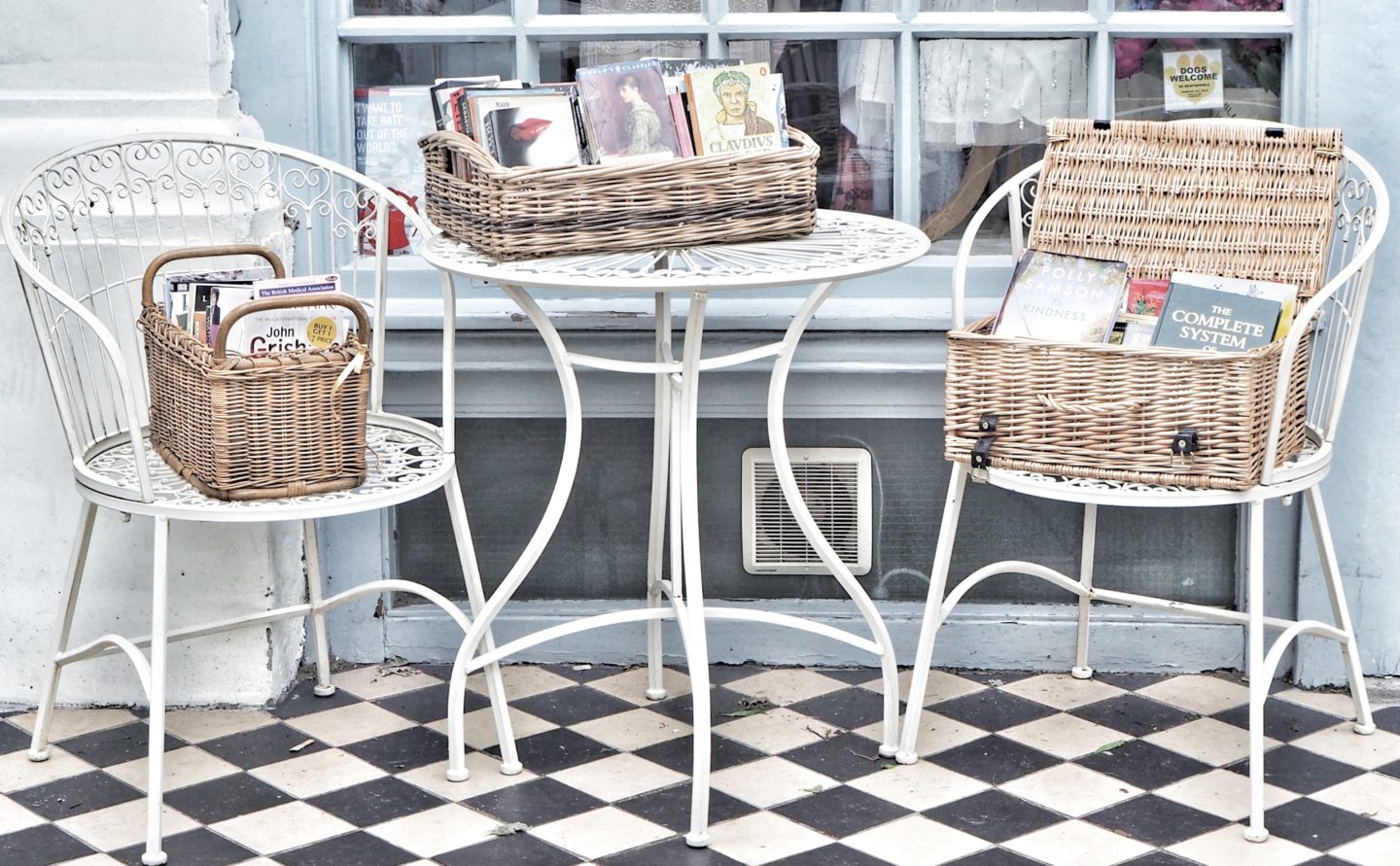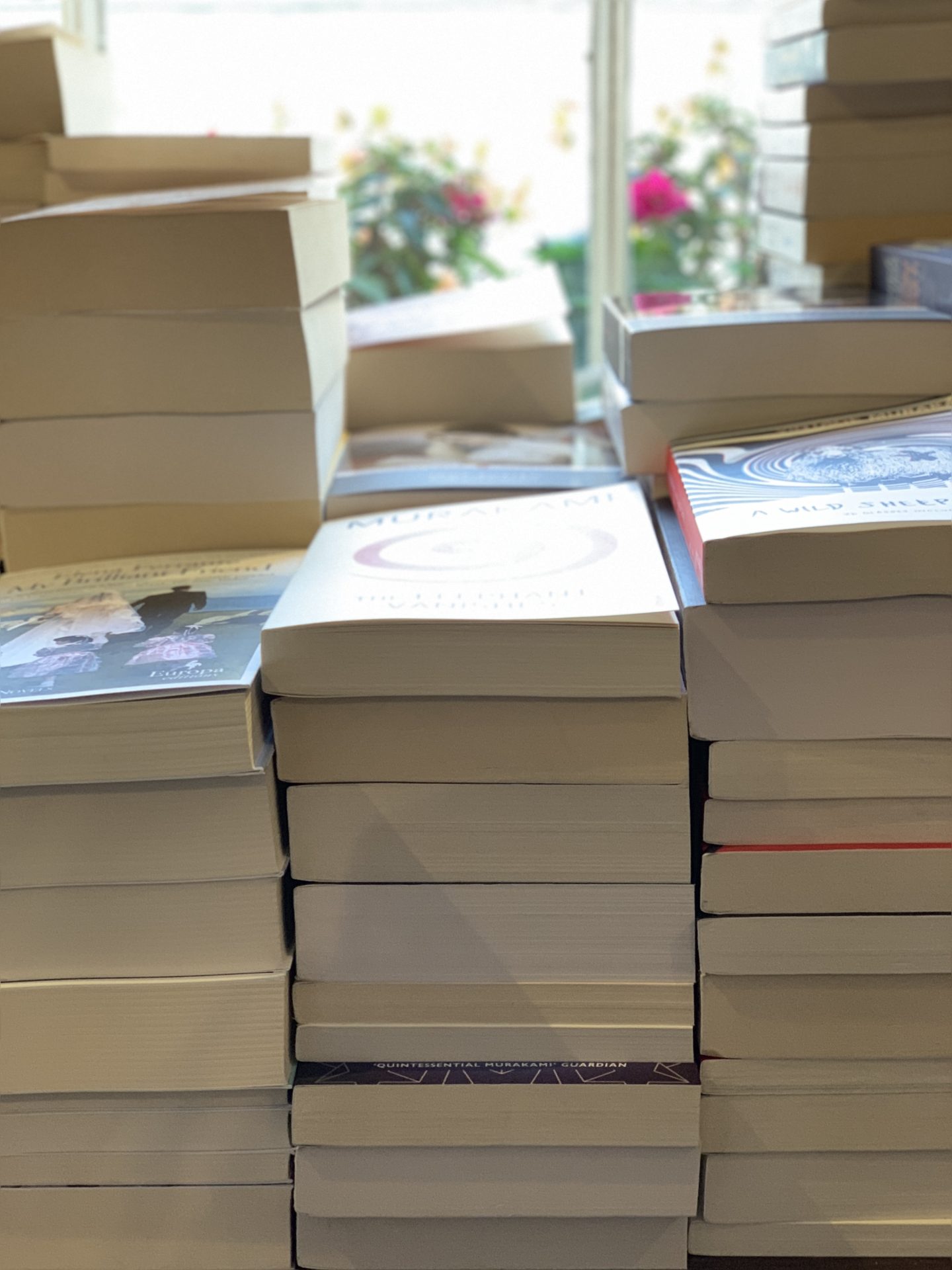I have lost count of the number of times I have been asked to recommend books for someone who is struggling to read because of difficult life issues or events. I love being asked this. I enjoy little more than discussing and thinking about books.
In Matt Haigs most excellent book ‘Reasons to Stay Alive’ he writes of the comfort he found in reading books from his childhood when he was struggling with very serious mental health illness. As he was recovering from his breakdown he found he was able to read lots of stories which had the therapeutic effect of taking him out of himself.
“Words are, of course, the most powerful drug used by mankind.” Rudyard Kipling
Bibliotherapy, the ancient art of book-healing is not a new concept. It has been around for two and a half thousand years and is as relevant today as it was then. Even the NHS is using literary prescriptions via an excellent scheme run by the Reading Well organisation. They provide lists of books recommended by mental health professionals and people with experience of the conditions covered. All the books have been tried and tested and found to be helpful.
But how can books benefit our mental health?
Escapism
Books, like films provide a wonderful way to escape the reality and sometimes drudgery of daily life. Books unlike films though enable you to lose yourself in your own imagination. Without images, you are left to create scenes and pictures yourself. A good book will transport you to another world, where you can be anyone you want to be. You can be an interested bystander or a full on participant. Whichever you choose, the time spent in a book will be time spent away from the difficulties or stresses which affect mental health. Reading demands nothing of you, other than to be just you.
Self Care
Self care is such a buzz word these days isn’t it. It would be easy to become cynical or jaded with it. And yet, it is so important. We have been gifted with amazing bodies and minds and its important we take care of both. When we feel physically unwell, we rest, or go the doctor or take paracetamol. When we feel mentally unwell or tired, the temptation is to just carry on regardless or revert to that well known British phrase ‘I’m fine’!
Self care involves doing something active to care for your self. Reading is such an easy and inexpensive way to address this. Spas and massages and the like are all well and good, but books are free. Anyone can join a local library and have access to a whole world or reading. Sitting with a book at the beginning or end of a busy day is a way of instilling calm. I have had many occasions when I have sunk gratefully into a seat on a tube after a stressful day, pulled out my book and lost myself gratefully in its pages. It works beautifully. Tea, book and a comfortable chair is the best kind of self care.
A study conducted in 2009 by the University of Sussex revealed that reading for just 6 minutes a day can be enough to reduce stress levels. It slows the heart rate and eases muscle tension, both of which lead to a more relaxed state of mind.
Reducing Feelings of Loneliness and Isolation
I recently wrote a Bibliotherapy post on books to help with loneliness. Loneliness is a very real thing in our modern world. Most of us will feel a form of it at some time. It can be debilitating and miserable. Spending time in books can help. Reading a familiar novel which takes you back to a particularly good time can be a lovely thing. Often it will be the books we read as children that fill us with a nostalgia and warmth.
Lucy Mangan has written a glorious book called “Bookworm – A Memoir of Childhood Reading” This is a wonderful book to read as Lucy revisits all those books which she devoured as a child. She captures the joy that comes from childhood reading like no other book I have read. Reminding yourself of those characters which filled your thoughts and dreams when you were smaller is like revisiting old friends.
There are some novels that when read at different times throughout your life will help you see how you have developed and changed as your identification with different characters changes. My own example of this is The Great Gatsby. I first read it as a university student and know that I read it with a different perspective many years later.
Gives Structure
A novel has a natural structure, a beginning, a middle and an end punctuated by chapters. Troubled minds are often lacking structure and are a muddle of chaotic thoughts and feelings. There can be something very calming about the predictability of a novel. The ebb and flow of a story, or the rhythm of language has the power to soothe and calm and heal.
Poetry also works in this way. If you are not up to reading a novel, then try just a poem. Re Lit an organisation which promotes bibliotherapy recommends, “when you are feeling stressed or anxious, worried or sleepless, panicky or unable to cope, sit yourself down with a poem”. Re Lit suggests ways of reading poetry to calm a troubled mind. There is a lovely exercise on the website you can find here.
I often carry a book of poetry by Helen Dunmore with me. Its a slim book I can slip into a bag and when I find myself stressed or needing a moment of calm, reading through these poems will always quieten my mind and restore equilibrium.
There are so many reasons that reading is good for you emotionally, mentally and intellectually. I would hightail recommend a wonderful book called The Novel Cure – An A-Z of Literary Remedies.
And of course, If you are looking for more reading suggestions then do visit my bibliotherapy pages.





Oh Angela this is amazing. So true, so beautifully written itself and so wise.
I’m going to recommend your insta account and blog to family, friends and colleagues.
Author
Frances, thank you so much for your lovely words. Lots of love xxx